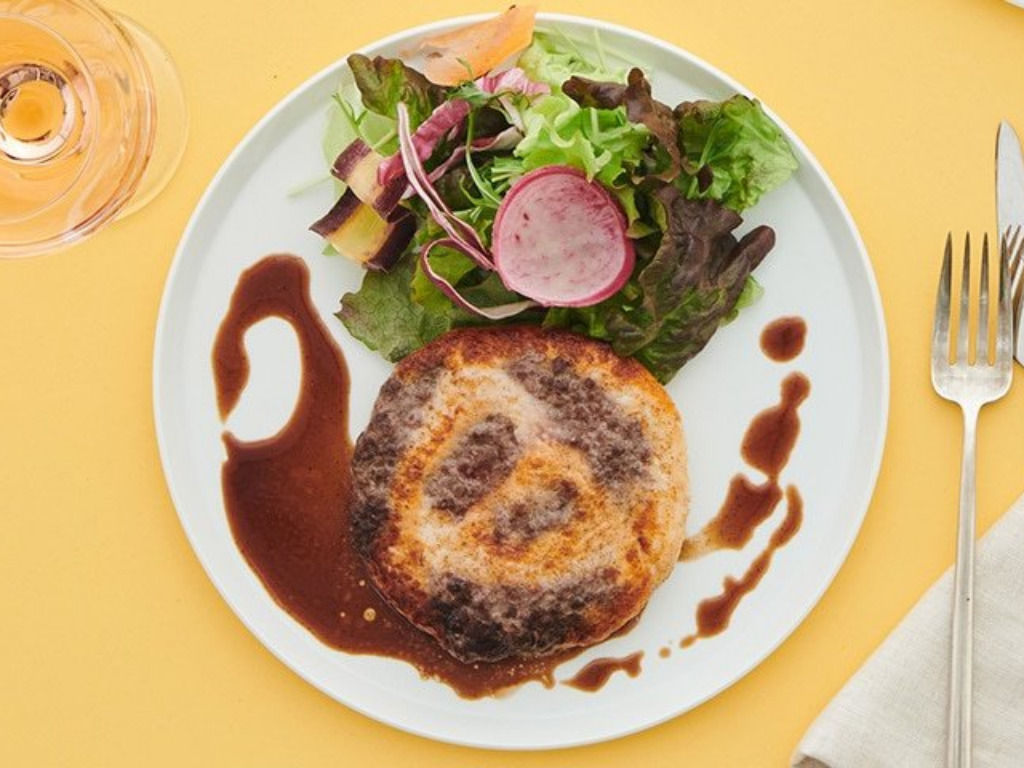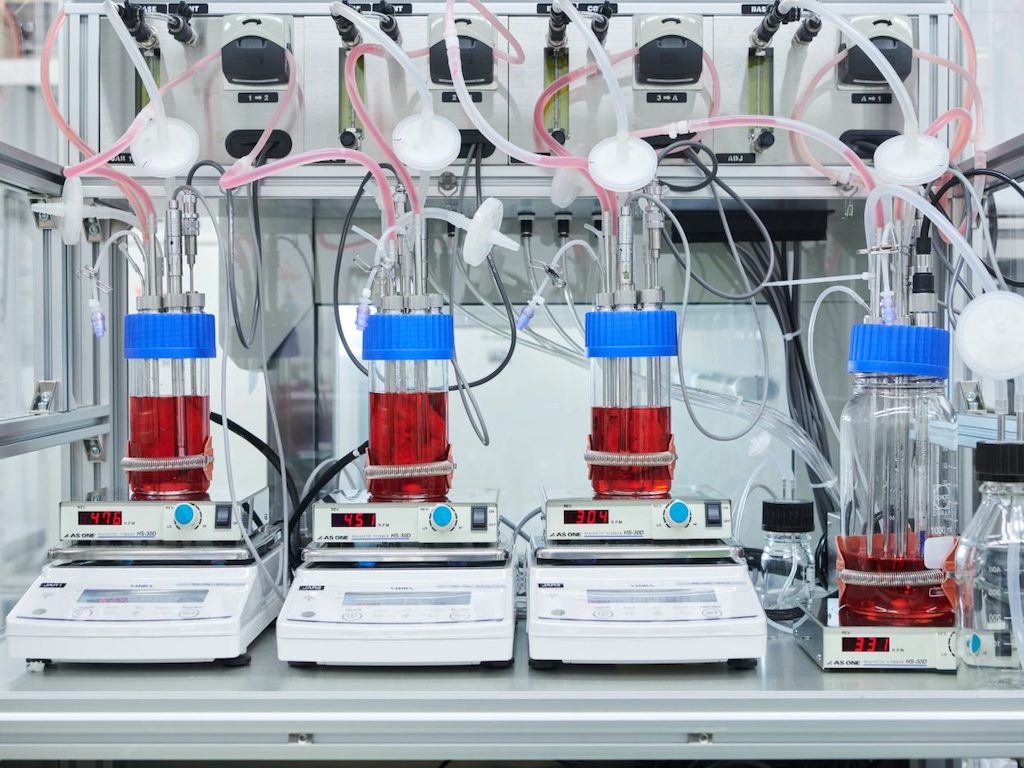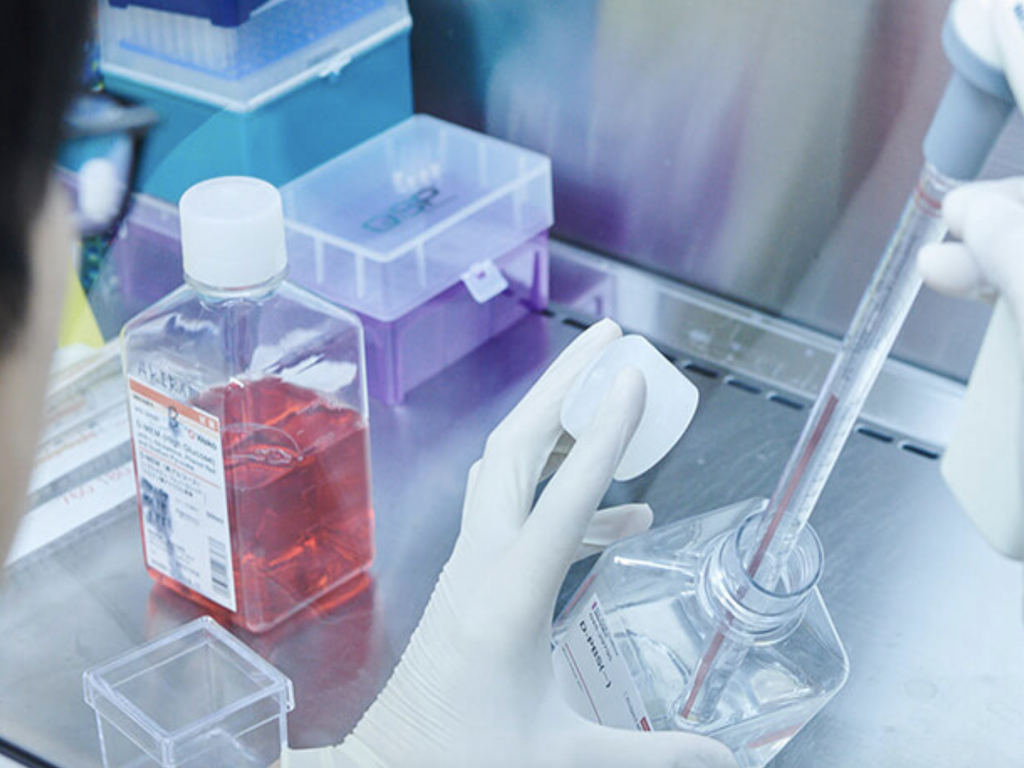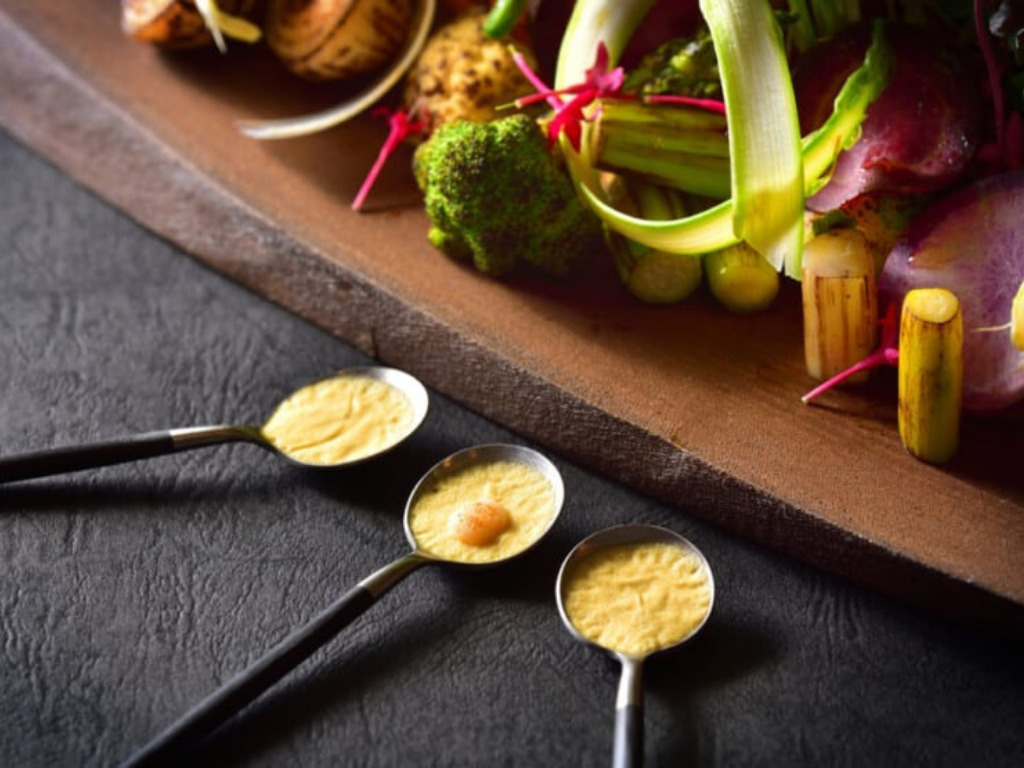This Japanese Startup Claims To Have Eliminated Animal Serum For Cost-Effective Cultivated Meat Production
4 Mins Read
IntegriCulture has reported the successful cultivation of chicken and duck liver cells using an animal serum-free medium. Harnessing its proprietary CulNet system, the startup leverages bioreactors to emulate inter-organ interactions which lead to cell cultivation. Moving from research to prototyping stage, IntegriCulture has replaced all research-grade materials with food-safe alternatives. It is claimed that ‘functional equivalence’ to conventional animal protein cells has been reached.
The Japanese cultivated startup has laid claim to being the first company in the world to generate a cell culture with serum-free basal medium. What’s more, the company says they have done so at a cost 1/60 of conventional animal serum-based alternatives. IntegriCulture is now looking to develop cultivated foie gras as its initial product for launch.

Taking animals out of the equation
The CulNet system has been specifically developed to remove the need for expensive and ethically dubious animal serum. In most cultivated operations, basal medium is supplemented with anywhere up to 20 percent animal serum, to successfully cultivate new cell growth. Serums contain essential growth factors, proteins, and nutrients that support healthy cell cultivation. Their necessary nature and complex extraction methods have made cultivated meat production prohibitively expensive. IntegriCulture estimates that it costs around $3,000 to make a 450gram chicken nugget, using a traditional animal serum-powered medium.
IntegriCulture’s methodology uses feeder cells to secrete necessary serum components to nourish those in the product bioreactor. The CulNet system allows for a constant supply of components, developing a mutual cultivation that has been shown to last as long as 130 days. Feeder cells are able to secrete albumin, transferrin, and key amino acids. The finished basal medium has been dubbed I-MEM and is scheduled for commercial release later this year.
“Through numerous screening experiments, IntegriCulture has discovered the optimal combination of organ cells to facilitate the efficient proliferation of chicken and duck liver-derived cells,” the startup revealed in a statement. This has led to the decision to bring cultivated foie gras to market, though there are wider applications for the CulNet system.
“IntegriCulture is the first to implement cell culture by serum-free basal medium that cell-cultured meat producers around the world are working on,” the company explained in a statement seen by Green Queen. “There is a wide range of potential industrial applications in cell cultivation such as cosmetics, leather, pharmaceuticals, and others. The applicability of CulNet system extends beyond poultry, including mammals, fish, crustaceans, insects, and so on.”

Funded for success
IntegriCulturehas successfully raised significant capital to progress its developments. In May 2020, it closed $7.4 million Series A, the largest at the time for Asian alt-protein. Shortly after, the Japanese government granted the startup a further $2.2 million for the construction of a specialist cellular agriculture facility.
In January Integriculture has secured a further $7 million, bringing its total to more than $16 million. In the latest round, existing investors sought to double down as the company announced plans to build an open-source infrastructure platform. I-MEM is the result, which will be made available in powder form, to fellow cellular agriculture enterprises.

The race to eliminate animal serum
IntegriCulture is correct in acknowledging that global cultivated startups are looking for alternatives to costly animal serum. Plenty are announcing significant milestones.
In January, Mosa Meat revealed how it had managed to remove fetal bovine serum from its production, as well as bioengineering. The Netherlands-based company claims to have stopped using animal serum in 2019, due to the controversial nature of the ingredient. As a recognised pioneer in the cultivated field, Mosa ditching animal serum is seen as then setting an example. The company notoriously unveiled the first-ever cultivated beef burger back in 2013.
In December last year, CellMEAT and Upside Foods unveiled their own fetal bovine serum-free cell culture mediums, within one day of each other. The former was first, marking significant strides forward for South Korea’s cultivated sector.
All photos by Integriculture.




